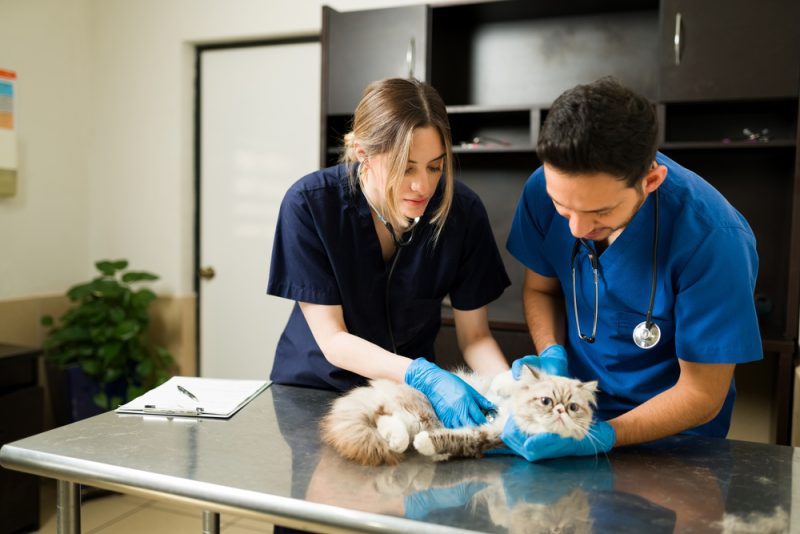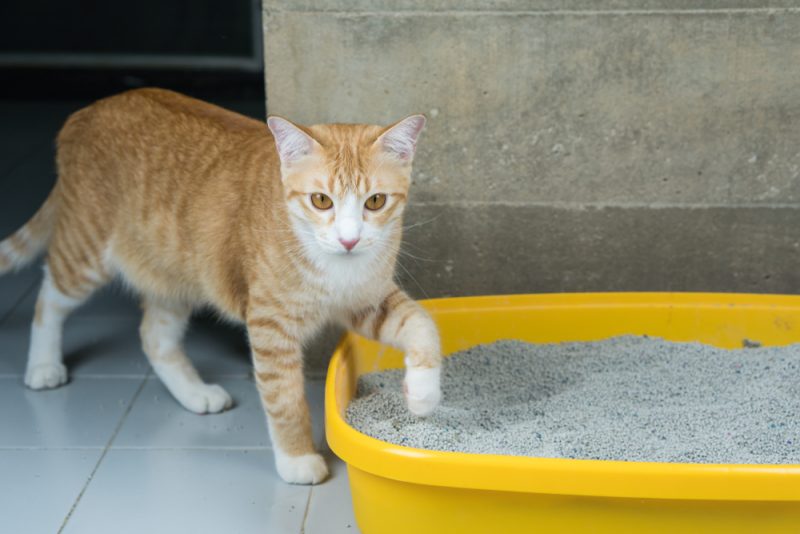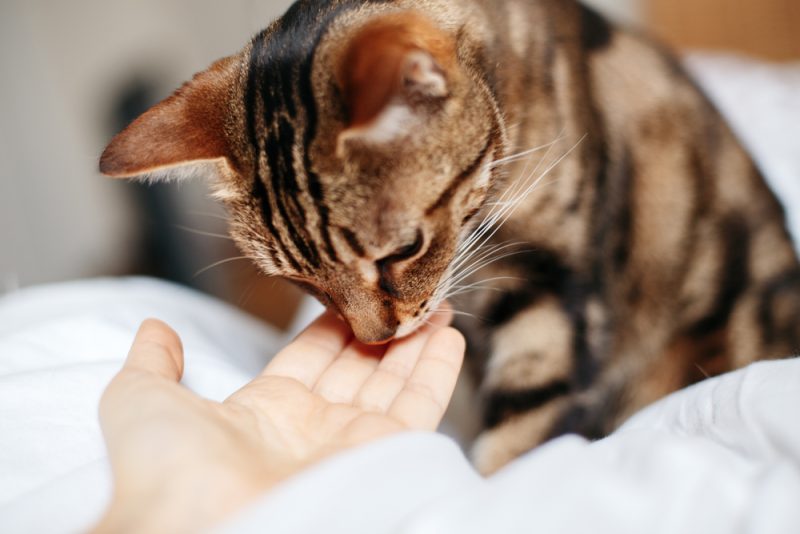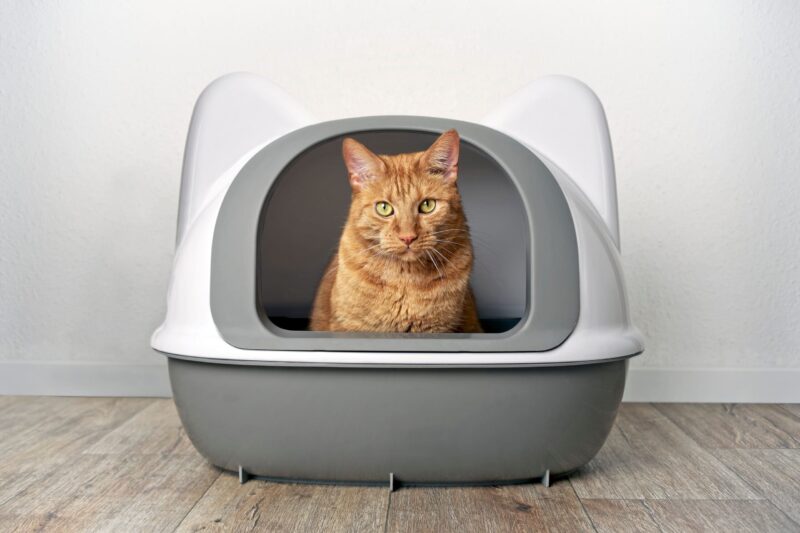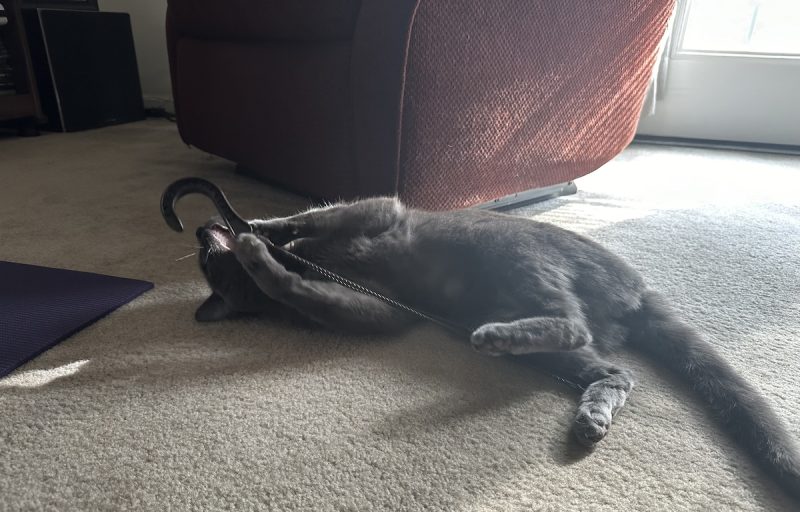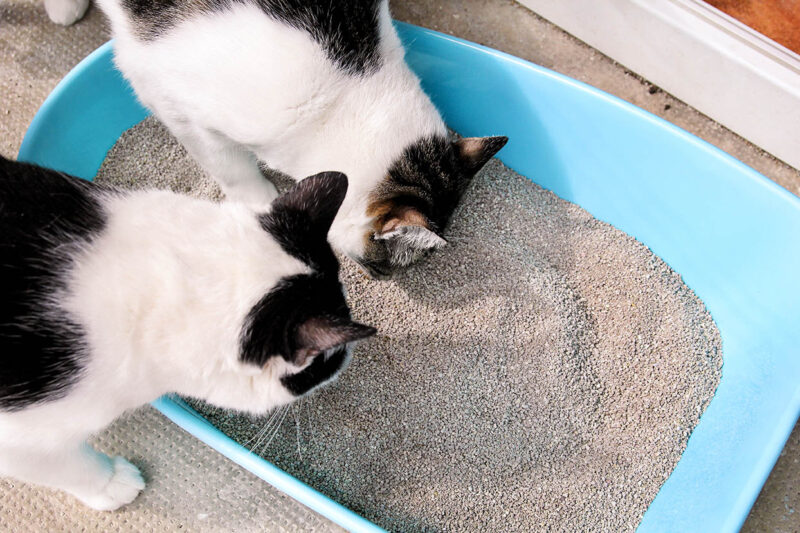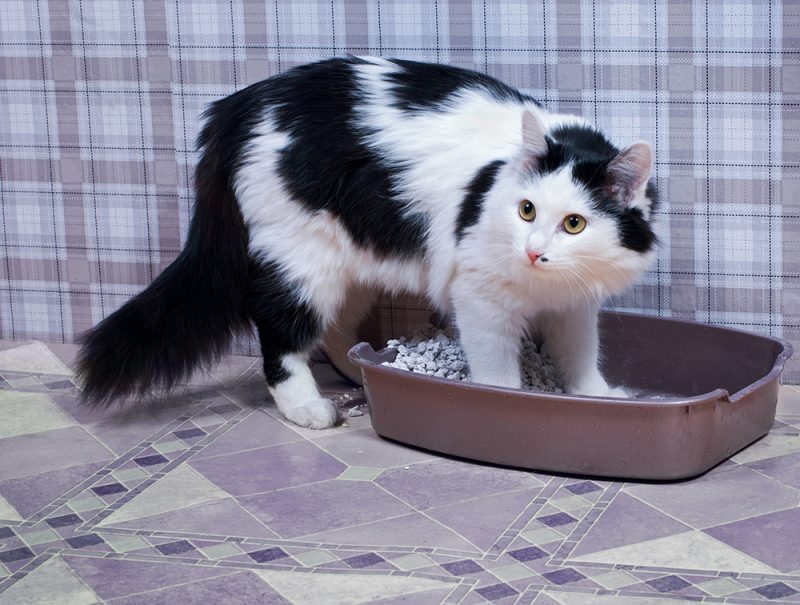In this article
From tiny little kittens that can fit into the palm of your hand to adult cats that might barely be able to fit in your lap, cats come in all sizes. There are cats like the Munchkin and Singapura, made to be tiny and maintained at that size. Then you have the giants of the cat world, like the Maine Coon.
Knowing how big your kitten will get is essential for several reasons. You might only have space in your home for a small to medium-sized cat or the budget to feed a smaller cat. Keeping track of their size is also a great way to keep track of their health.
Here, we look at indicators in kittens for what size they might be as an adult. We also give you a brief overview of what can affect a kitten’s size as they reach adulthood. This way, you can do what is best for them to remain healthy.

How Do You Tell How Big a Kitten Will Get?
When it comes to puppies, you can often estimate their adult size by the size of their paws. Unfortunately, that method is not quite as reliable when it comes to kittens. Instead, the best indicator is their breed. If you adopted a kitten and aren’t sure of their breed, you can take a look at their other body parts to figure it out.
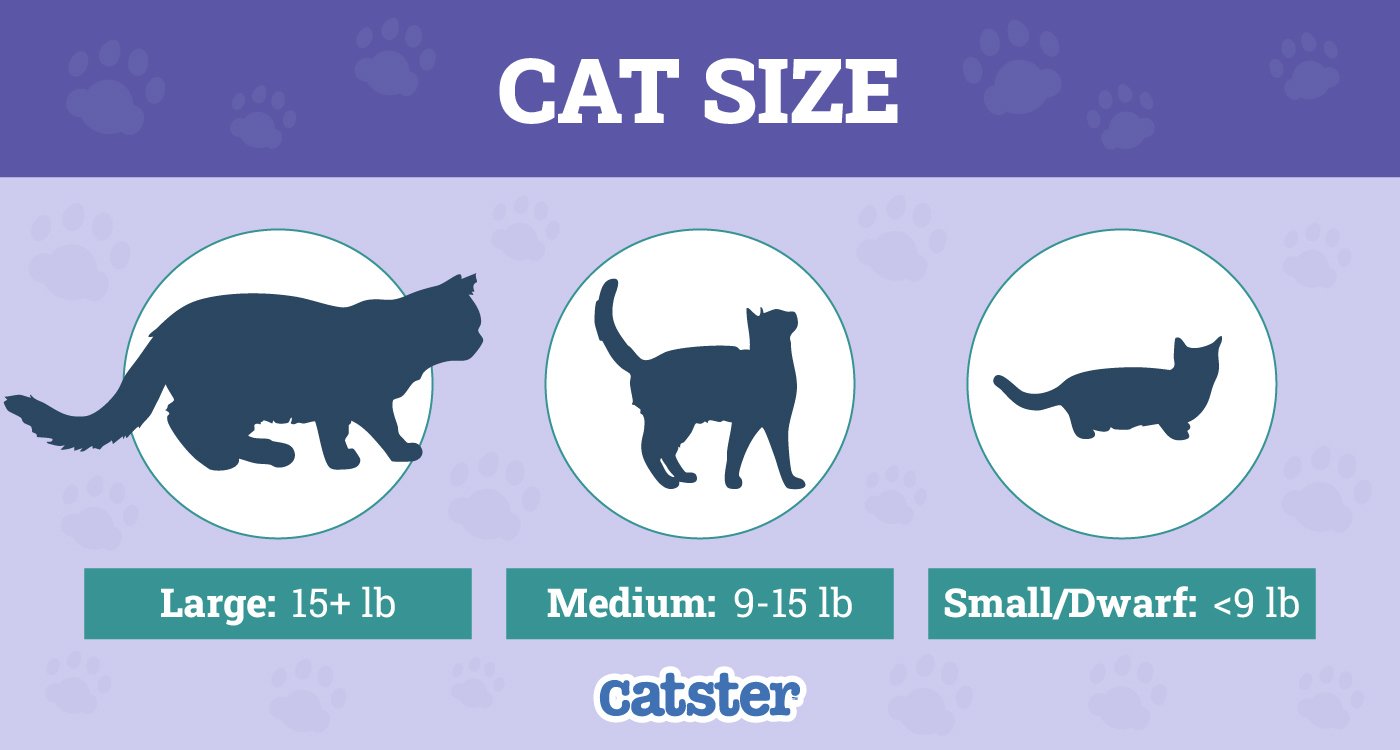

Factors Affecting How Big a Kitten Will Get
The size of a kitten could change dramatically, depending on their breed. So, it’s challenging to provide an approximate size of how big they should be as they grow older. However, for each breed, you can use charts to figure out how much your kitten should weigh at their age.
If you are unsure of your kitten’s age because you rescued a stray, you can talk to your vet. Kittens have the best age markers because they develop in distinctive ways. Your vet can check these to determine how many weeks or months old they are.
There is nothing that you can do to change the size of your adult cat beyond using cruel methods that any pet owner needs to avoid. The only factor that you can control that will affect a kitten’s size as they grow is diet. Spaying and neutering might also play a role but differently than what you might expect.
If you need to speak with a vet but can't get to one, head over to PangoVet. It's an online service where you can talk to a vet online and get the advice you need for your pet — all at an affordable price!
Cat Breed
Most cat breeds are well-established. Because of this, the cats’ sizes and demeanors are often quite similar throughout the entire breed. If you know your kitten’s breed or mix, you should be able to determine how big your cat will get.
For example, the most popular cat breeds and their sizes include:
- Domestic Shorthair: 6 to 16 pounds
- Maine Coon: 12 to 22 pounds
- Siamese: 5 to 12 pounds
- Ragdoll: 10 to 20 pounds
- Russian Blue: 7 to 15 pounds

Cat Legs & Tail
Another indicator of how big a kitten will get once they reach adulthood is their back legs. If your kitten has tall back legs, it generally means they will be a larger cat. They will grow into these legs steadily, most often when they hit around 6 to 9 months old.
Using their age to determine their eventual size can work too. When a kitten hits 4 months old, they have reached approximately half the weight that they will be as a healthy adult.
By the time a kitten is about 9 months old, they will typically be adult-size. However, larger breeds will continue to grow for several more months.
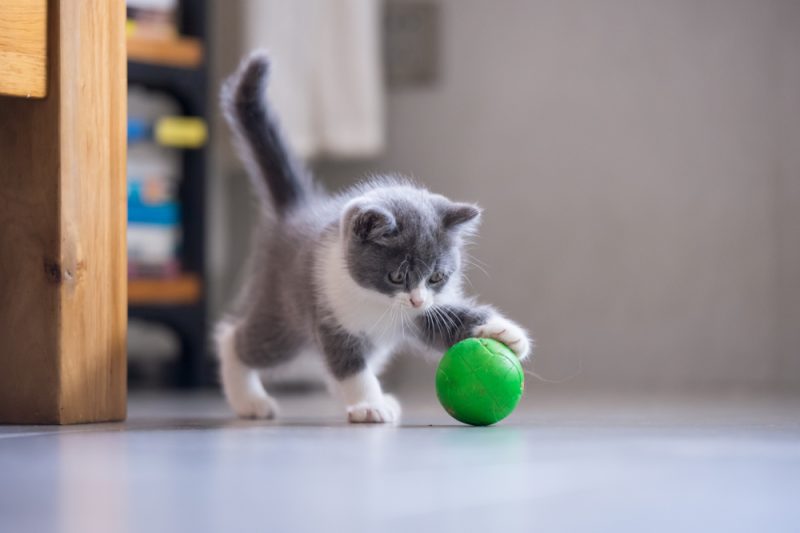
Cat Diet
A kitten’s diet has the most substantial impact on their size. If they are under or overfed, their weight and size will be disproportionate to what they should be. To maintain proper development, your kitten needs plenty of protein and a healthy source of fat.
Before your kitten reaches 9 to 12 months of age, they should exclusively eat kitten food. This should have a high protein content and DHA, an omega-3 fatty acid that is important for brain development. Kitten food should also be slightly high in fat, using healthy animal-based fat sources for proper digestion.
Overfeeding your kitten is just as cruel as underfeeding your kitten because their body is not made to handle extra weight. A cat’s overall frame should look like an hourglass when you look at it from above. If you have a long-haired cat, you might need to feel for that.
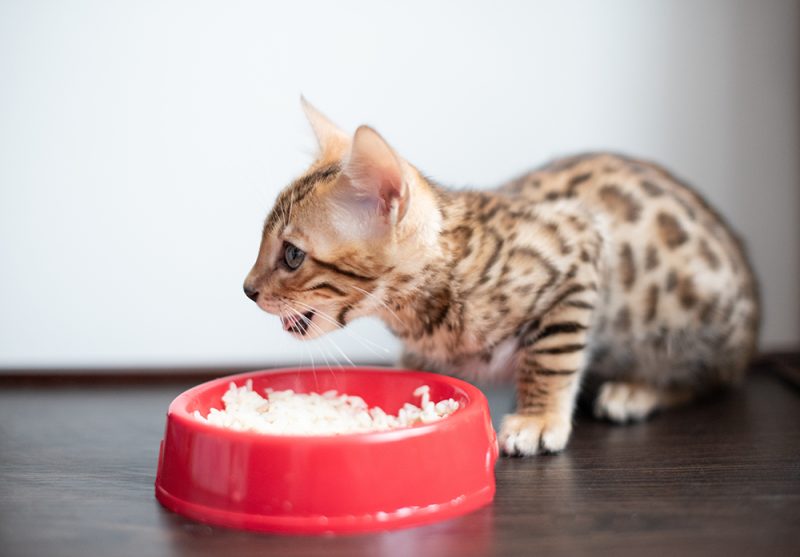

The Truth About Spaying & Neutering
It is true that spaying or neutering your kitten can make them gain weight once they come of age. Cats that get spayed or neutered experience a hormonal change that results in their metabolism becoming slower. Studies have found that the early neutering of female kittens in particular has a significant impact on their adipose tissue accumulation. However, this can be mitigated with diet management.

Summary
Although it might be challenging to determine how big your kitten will get once they reach their adult size, you can use things like their legs’ length to try to figure it out. If your kitten is 4 months old, you can expect their weight to double as they reach adulthood. If you know what the breed is, looking up averages is the best way to determine what they will be in a year. It is up to you as their owner to ensure that they get a complete diet of kitten food so they can grow into the healthy adult that they are meant to be.
See also:
Featured Image Credit: Oleksandr Volchanskyi, Shutterstock



